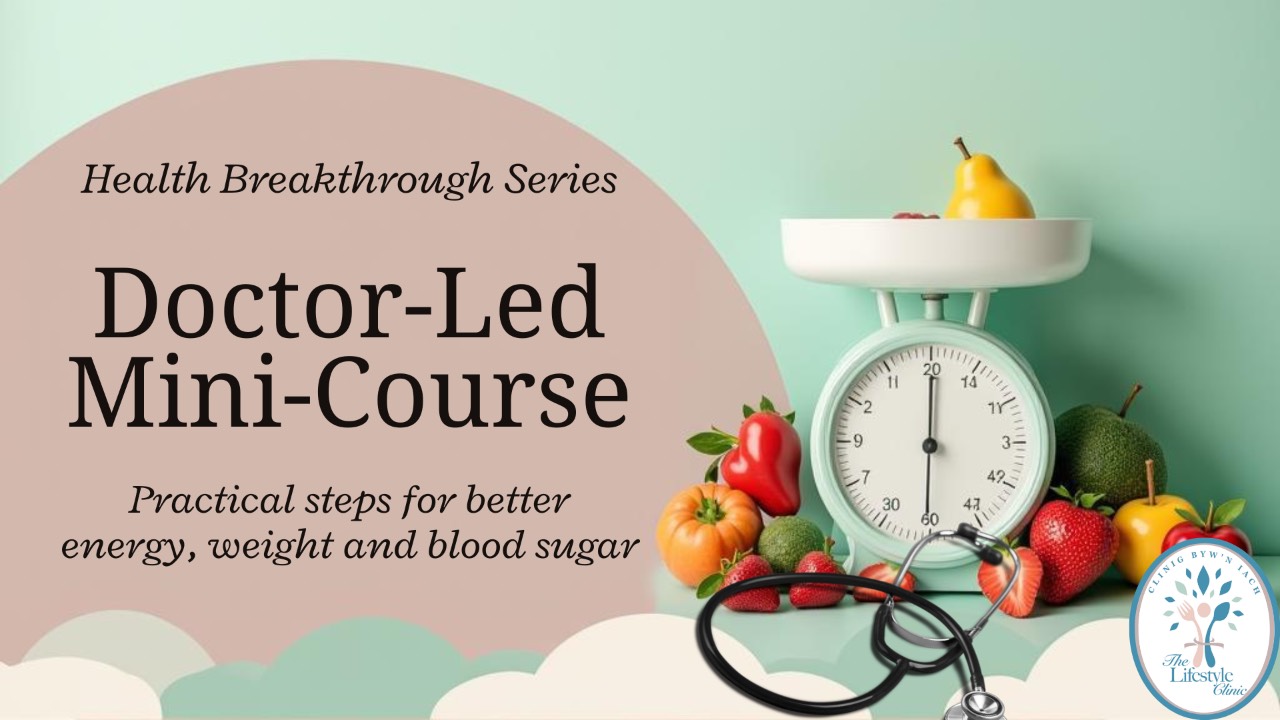
Emotional Eating
Oct 31, 2023Food is more than just nourishment for our bodies; it often holds deep emotional significance. Many of us have experienced turning to food for comfort, stress relief, or even as a way to celebrate. This phenomenon is known as emotional eating, and while it's a common response to our feelings, it can also lead to unhealthy eating habits and unwanted consequences. In this article, we will delve into the world of emotional eating, exploring its causes, effects, and strategies to manage and overcome it.
What is 'Emotional Eating'?
Emotional eating refers to the practice of consuming food in response to emotional cues rather than physical hunger. Common emotions that trigger emotional eating include stress, sadness, loneliness, boredom, anxiety, and even happiness. It's essential to differentiate emotional eating from normal eating, which is driven by physical hunger and the body's need for nourishment.
The Causes of Emotional Eating
Stress
High-stress levels can lead to an increased desire for comfort foods, often high in sugar, salt, and unhealthy fats. Stress hormones work to increase feelings of hunger and cravings.
Emotional Triggers
Emotional events or situations, such as a breakup, loss, or even a particularly good day, can trigger emotional eating as people seek to cope with or celebrate their emotions.
Boredom
A lack of stimulation or purpose can lead to mindless snacking or eating out of sheer boredom.
Social and Environmental Influences
Social gatherings, celebrations, or peer pressure can lead to overeating or indulging in unhealthy foods.
Habit
Over time, emotional eating can become a habitual response to certain emotions, making it difficult to break the cycle. It might even mean that you overconsume on ‘auto-pilot’ making it hard to realise its happened until it’s too late.

The Effects of Emotional Eating
- Weight Gain: One of the most apparent consequences of emotional eating is weight gain. Consuming excess calories when not hungry can lead to a surplus of stored fat.
- Emotional Rollercoaster: Emotional eating may provide temporary relief, but it often leads to a rollercoaster of emotions as guilt, shame, and regret follow the consumption of comfort foods.
- Health Issues: Consistent emotional eating can contribute to a range of health problems, including obesity, heart disease, diabetes, and digestive issues.
- Ineffective Coping Mechanism: Relying on food as a primary coping mechanism may hinder the development of healthier ways to deal with emotions, such as communication, exercise, or mindfulness.
Identifying Emotional Eating
Recognizing the triggers and emotions that lead to emotional eating is the first step. Keep a food diary to track what you eat and how you feel when eating. Some features you might want to look out for include:
- Emotional hunger comes on suddenly – it can literally hit you. It feels overwhelming, It feels urgent. It can feel desperate. You might feel you ‘need’ the food. This is in contrast to a genuine hunger which comes on more gradual, you don’t feel the urgency or the desperation.
- Emotional hunger is often linked to cravings – so you want specific foods – for me that would be chocolate every time. Physical hunger would lead to a desire to eat almost anything – even healthy food! Emotional hunger arises from your head rather than your stomach – you don’t have the empty feeling in the stomach, rather you have a feeling focussed on textures, tastes and smells.
- Emotional eating is usually linked to overeating. This is the occasion where you would eat a whole bag of crisps, a big chocolate bar, the whole tub of ice cream. You may not eat mindfully – by that I mean you do not enjoy it, you do not take time to taste it properly and it easily leads to overconsuming.
- You may also not be satisfied when you’re physically full, you will have a need for more and more and only really stop when you feel physically overstuffed. And this feeling will often add to the feelings of guilt and shame.

Managing Emotional Eating
1. Find Alternatives: Develop a list of alternative activities to turn to when you experience emotional triggers. Exercise, journaling, deep breathing, and meditation can help redirect your emotional responses.
2 . Mindful Eating: Pay attention to physical hunger cues, and practice mindful eating by savouring each bite and eating without distractions like TV or smartphones.
3. Seek Support: Share your struggles with a trusted friend, family member, or therapist. Talking about your emotions and challenges can be incredibly helpful.
4. Healthy Food Choices: Stock your kitchen with healthy, satisfying snacks so that when emotional eating strikes, you have better options available.
5. Professional Help: In cases where emotional eating is deeply ingrained and difficult to control, consider seeking guidance from a therapist or counsellor specializing in eating disorders.
Conclusion
Emotional eating is a common and understandable response to the challenges of life. However, it's essential to recognize its potential negative impact on both physical and emotional well-being. By increasing self-awareness, developing healthier coping strategies, and seeking support when needed, individuals can regain control over their eating habits and cultivate a healthier relationship with food and their emotions. Remember, it's okay to seek help and make positive changes to live a happier and healthier life.


